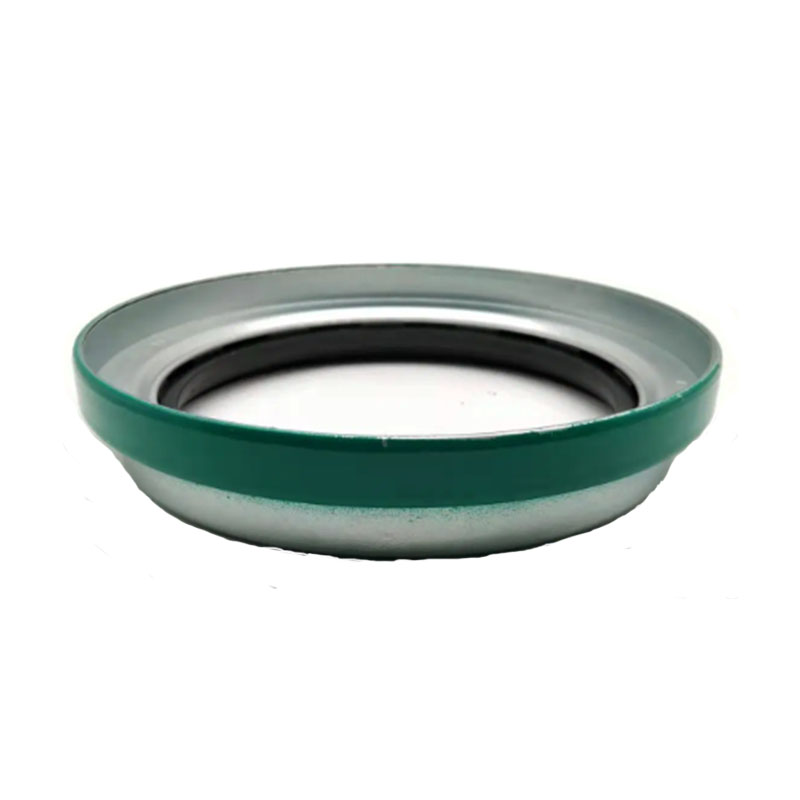oil gasket
Understanding Oil Gaskets Their Importance and Functionality
Oil gaskets are vital components in internal combustion engines and various machinery. They play a crucial role in ensuring that engine oil remains contained within the engine components, preventing leaks and maintaining proper lubrication. In this article, we will explore the significance of oil gaskets, their types, and their maintenance to enhance the longevity and performance of your vehicle or equipment.
What is an Oil Gasket?
An oil gasket is a sealing component designed to prevent the escape of oil where two surfaces meet, such as in the engine block and oil pan or between the engine and its components. Made from various materials like rubber, silicone, or cork, oil gaskets are engineered to withstand high temperatures and pressures typical of engine operation. Their primary function is to create a barrier that stops oil leaks, thereby maintaining optimal oil levels for effective lubrication.
Types of Oil Gaskets
There are several types of oil gaskets available, each suited for specific applications based on factors such as temperature, pressure, and the nature of the fluids they will seal. Some of the most common types include
1. Rubber Gaskets These are among the most widely used oil gaskets due to their resilience and flexibility. Rubber gaskets can form a good seal in a variety of conditions and are cost-effective.
2. Silicone Gaskets Silicone offers superior resistance to heat and chemicals, making silicone gaskets an excellent choice for high-performance engines. They maintain their elasticity over a wide temperature range, ensuring a reliable seal over time.
3. Cork Gaskets Often used in older engines, cork gaskets can absorb oil and swell slightly, forming a tight seal. While they may not last as long as rubber or silicone gaskets, they can be effective in certain applications.
4. Composite Gaskets These gaskets are made from additional materials blended with rubber or silicone to enhance performance characteristics. They offer a balance of durability, cost, and resistance to various substances.
oil gasket

Importance of Oil Gaskets
The importance of oil gaskets cannot be overstated. When oil leaks occur, engine performance is compromised, leading to inadequate lubrication and increased friction between moving parts. Over time, this can lead to severe damage and costly repairs. Additionally, oil leaks can pose environmental hazards, contributing to pollution if oil seeps into the ground or waterways.
Properly functioning oil gaskets help maintain oil pressure and temperature within the engine, optimizing performance and efficiency. They contribute to fuel economy and extend the life of crucial components, making regular inspection and replacement of worn or damaged gaskets essential.
Maintenance and Replacement
Regular maintenance is key to ensuring oil gaskets perform effectively. Here are some tips to keep in mind
- Regular Inspections During routine oil changes or vehicle servicing, inspect oil gaskets for signs of wear, cracking, or leaks.
- Replace Worn Gaskets If you notice any signs of oil leaks or deteriorating gaskets, replace them promptly. Delaying replacement can lead to more significant engine issues.
- Use Quality Parts Always choose high-quality gaskets suited for your specific engine type. Cheap or ill-fitting gaskets may fail prematurely and lead to leaks.
In conclusion, oil gaskets are essential components that play a significant role in the functioning of engines and machinery. By understanding their importance and performing regular maintenance, you can ensure a longer lifespan for your vehicle or equipment while minimizing the risk of leaks and associated problems. Keep your engine running smoothly with well-maintained oil gaskets, and enjoy the benefits of optimal performance and efficiency.
-
Simplifying Oil Changes: A Comprehensive Guide to Oil Drain Plugs and Their Variants
News Aug.04,2025
-
Mastering Oil Drain Maintenance: Solutions for Stripped, Worn, and Upgraded Oil Plugs
News Aug.04,2025
-
Fixing Oil Pan Plug Issues: Leaks, Stripped Nuts, and the Right Replacement Solutions
News Aug.04,2025
-
Everything You Need to Know About Oil Drain Plugs: Sizes, Fixes, and Upgrades
News Aug.04,2025
-
Choosing the Right Oil Drain Plug: A Guide to Sizes, Materials, and Drain Innovations
News Aug.04,2025
-
A Complete Guide to Automotive Drain Plugs: Types, Problems, and Innovative Solutions
News Aug.04,2025
-
The Ultimate Guide to Car Repair Kits: Tools and Essentials Every Driver Should Own
News Aug.01,2025
Products categories















